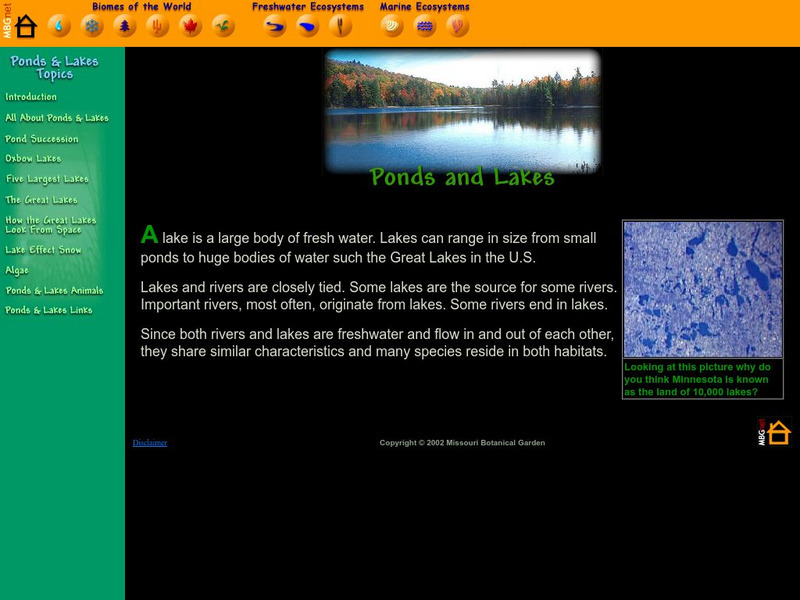Curated OER
Groundwater Resources
Students use digital maps to explore underground reservoirs. Individually, or in small groups, students access specified internet sites and research uses and locations of groundwater. Students explore the percentage of usable water,...
Curated OER
Science Lesson #2
Fourth graders explore and experiment with objects that float to see if they float differently in salt water or fresh water. After the experiment, they write a paragraph in their science journal explaining how fresh water and ocean water...
Curated OER
Kids for Conservation Lesson 1
Third graders observe various demonstrations dealing with the water on our earth, such as a comparison of the amount of salt water and fresh water on earth, then participate in a role playing activity in which they become a molecule of...
Science Buddies
Science Buddies: How Salty Is the Sea?
Have you ever been swimming at the beach and gotten some water in your mouth by mistake? Then you know that the ocean is very salty. Bodies of freshwater also contain some salt, but much less compared to oceans. In this experiment you...
Science Buddies
Science Buddies: From Brine to Beverage: Solar Powered Salt Removal
In this science fair project you'll discover how to turn the ocean into a source of freshwater by using the power of the Sun, and the water cycle. You will ultimately find just how salinity affects this process.
University of California
Ucmp: The World's Biomes
This is an introduction to the major biomes on Earth. This page groups biomes into five major types: aquatic, deserts, forests, grasslands, and tundra. Information on climate, animal/plant life, and much more is given for each of type...
US Fish and Wildlife Service
Discover Freshwater Mussels: America's Hidden Treasure
This resource explains the critical role that mussels play in the United States.
US Geological Survey
Usgs: Water Science for Schools Water Science Storytime!
This U.S. Geological Survey website features a fictious town, Dryville, and uses it to illustrate every aspect of water management that you might encounter. Click Home to access the site in Spanish.
DOGO Media
Dogo News: How Rajendra Singh Solved Rural Freshwater Crisis
Article reports on the work being done by one man to conserve much needed water in rural India. Includes video.
Georgia Department of Education
Ga Virtual Learning: Ap Environmental Science: Aquatic Biomes and Ecology
Students explore Earth's most important natural resource, water, and learn about how the planet's aquatic biomes thrive and support life.
Nature Conservancy
Nature Works Everywhere: How Natural Areas Filter Water
By studying nature's filters, students learn about the importance of water quality for human health and agriculture.[4 min, 6 sec] Includes lesson plan and student handouts.
Nature Conservancy
Nature Conservancy: Planet Earth: Rivers and Lakes
A comprehensive exploration of rivers and lakes, their importance to biodiversity and to humans, how we use them, threats they face, and what is being done to conserve them.
United Nations
United Nations Sustainable Development Issues
United Nations Division for Sustainable Development covers issues ranging from Agriculture to Waste. This site offers documents and action plan implementation for sustainable development of the earth's natural resources.
Science Buddies
Science Buddies: Home Sweet Biome: How Do Plants Grow in Different Environments?
In this science fair project you will learn about biomes and how different climatic conditions affect plant growth. This can explain why some plants and animals are similar in different areas of the country, and in other parts they are not.
Georgia Department of Education
Ga Virtual Learning: Water, Soil, and Agriculture
Students learn about the fundamental importance of water, soil, and agriculture in sustaining the human standard of living; and the heavy toll that current agricultural practices take on water and soil resources.
Pacific Institute
Pacific Institute: The World's Water
Water resources are under threat around the world. WorldWater.org is a repository of information related to issues that should concern all of us. There is also a searchable database of literature and research devoted to freshwater issues.
Other
The Academy of Natural Sciences
This site describes the museum. It shows the viewer what is currently on exhibit, interesting facts, and many links to other exhibits.
Massachusetts Institute of Technology
Mit: Blossoms: Will an Ice Cube Melt Faster in Freshwater or Saltwater?
Engage students in the study of the ocean and saltwater with these activities. Students will see that saltwater has different physical properties than freshwater - mainly density. This lesson can serve as a springboard into other...
US Geological Survey
U.s. Geological Survey: Groundwater Information by Topic
A massive amount of information about groundwater. Topics covered include groundwater basics, humans and groundwater, groundwater quality, and its place in the water cycle. Includes true-and-false quiz and a Q&A section, as well as a...
Utah Education Network
Uen: Trb 4:1 Investigation 1 Where Is Water Found?
Activity helps with understanding the distribution of water on earth.
Environmental Education for Kids
Eek!: Lake Superior
This site provides facts, illustrations, and more about the largest Great Lake. Includes descriptions of wildlife and industry. For grades 4-8.
US Environmental Protection Agency
Epa: Role of Plants in Water Filtration [Pdf]
What role can plants play in the water filtering process? This PDF document features a class activity to help students understand the role of plants in filtering water.
Science Education Resource Center at Carleton College
Serc: Fish Habitats
During this instructional activity, young scholars spend time looking at pictures of fish and their habitat, talking about what all animals need to live, making a poster of a fish habitat, and finally visiting a lake.
Missouri Botanical Garden
Missouri Botanical Garden: Lakes and Ponds
This illustrated website features facts about lakes and ponds and their special place in geography, natural history, and as a biome.





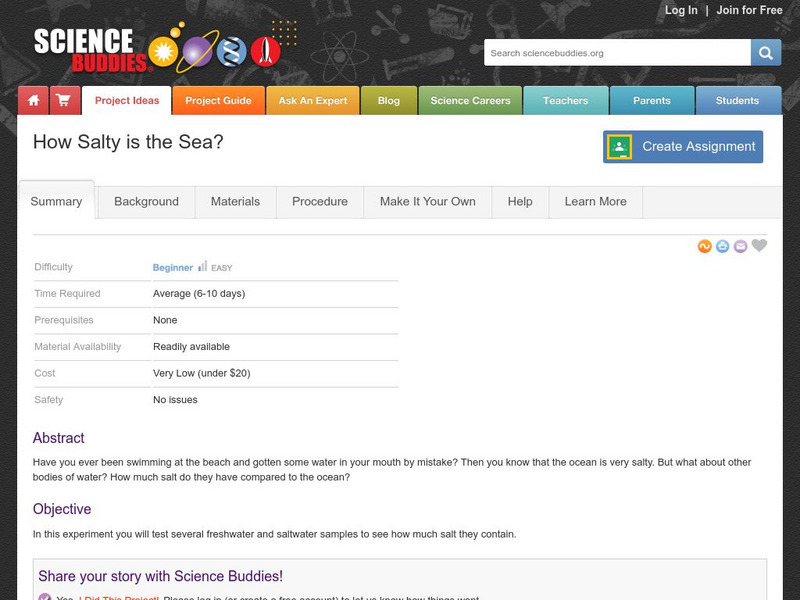
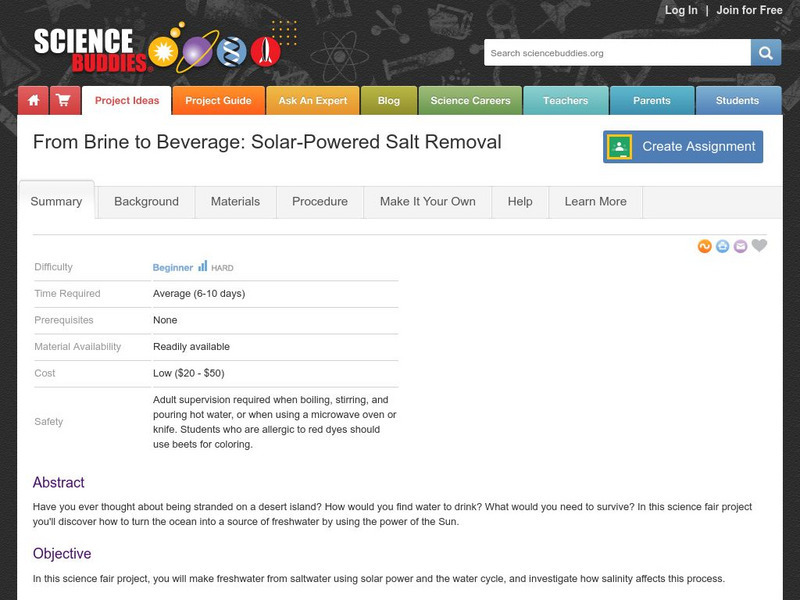





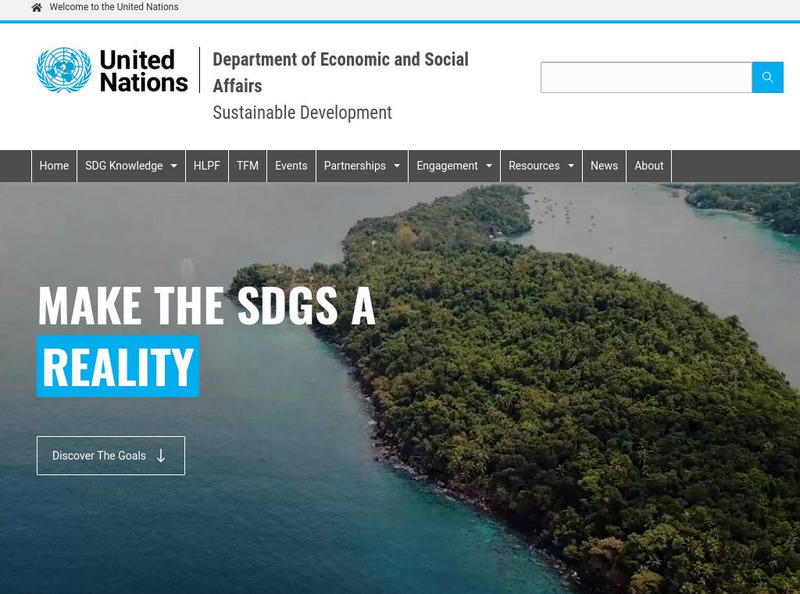

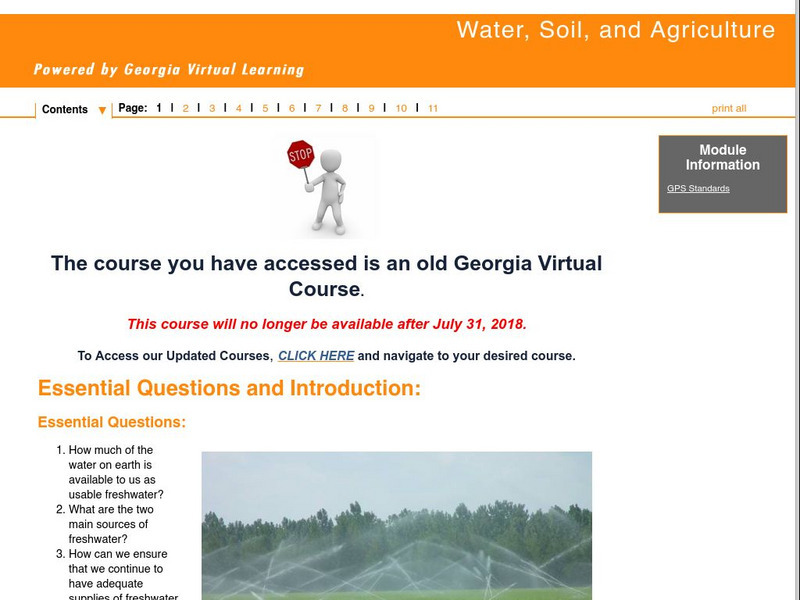

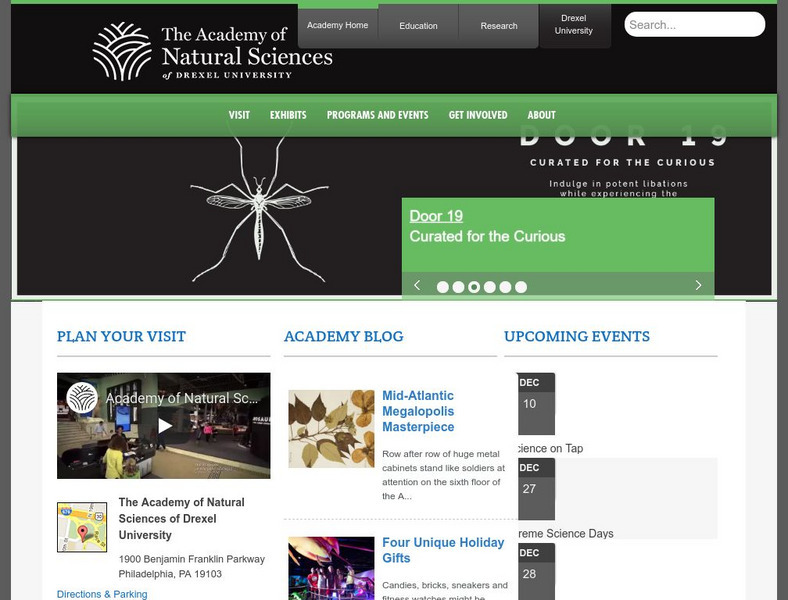
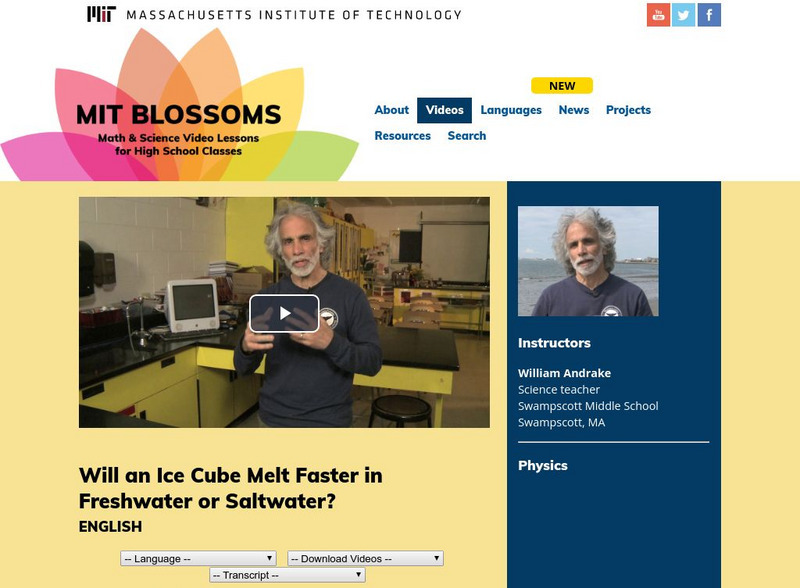
![Epa: Role of Plants in Water Filtration [Pdf] Lesson Plan Epa: Role of Plants in Water Filtration [Pdf] Lesson Plan](https://content.lessonplanet.com/knovation/original/41159-39671dcb9c8e61a9c904d7c2b69e07aa.jpg?1661270410)

